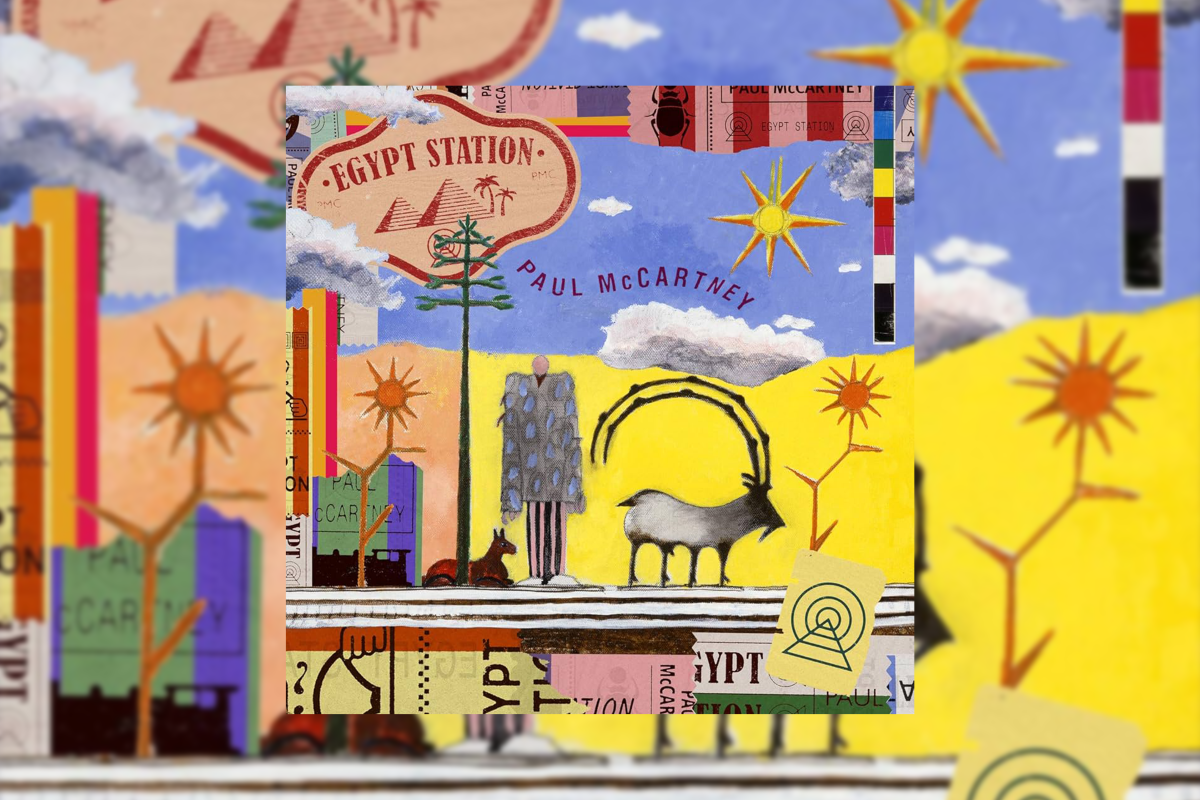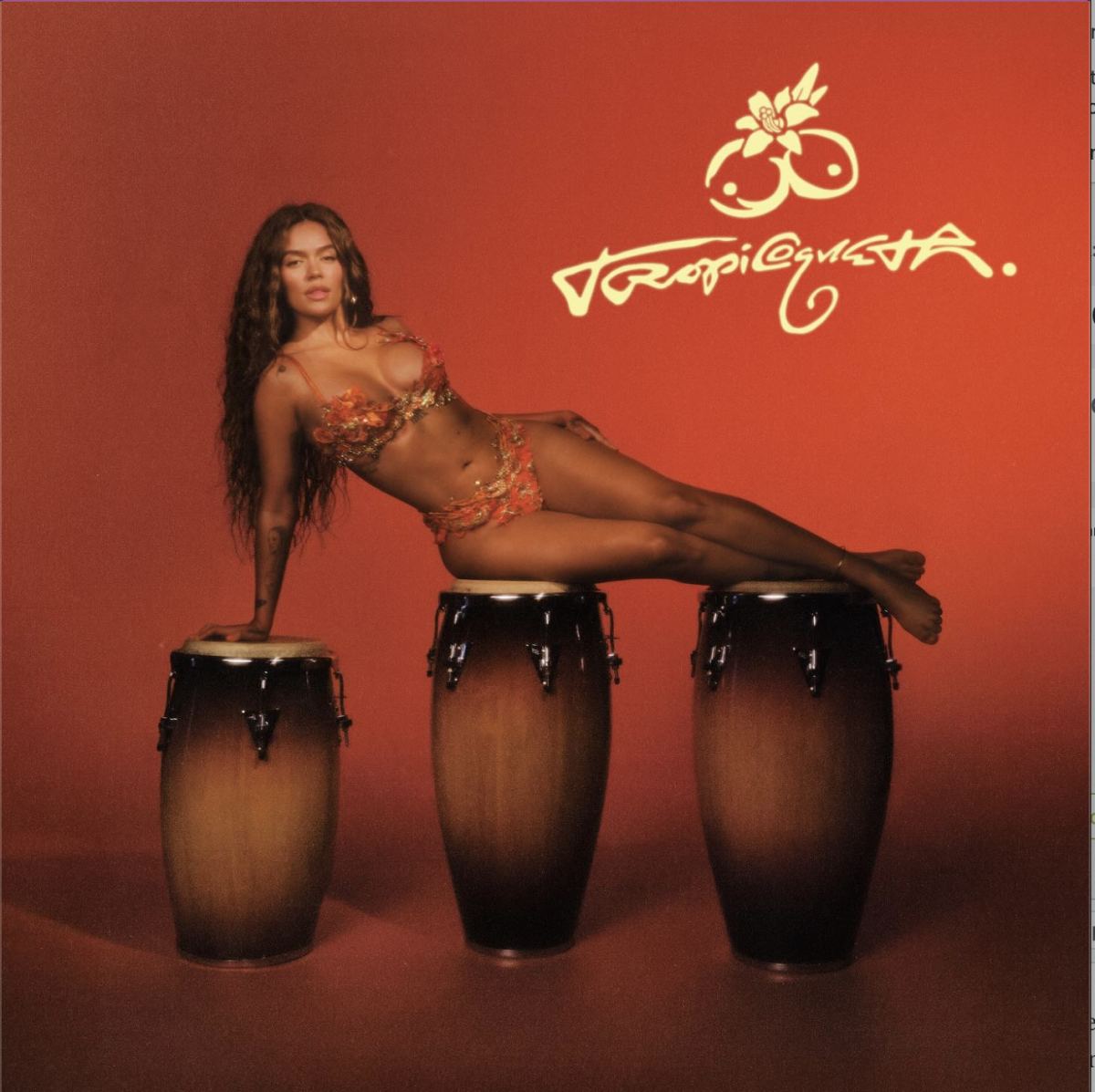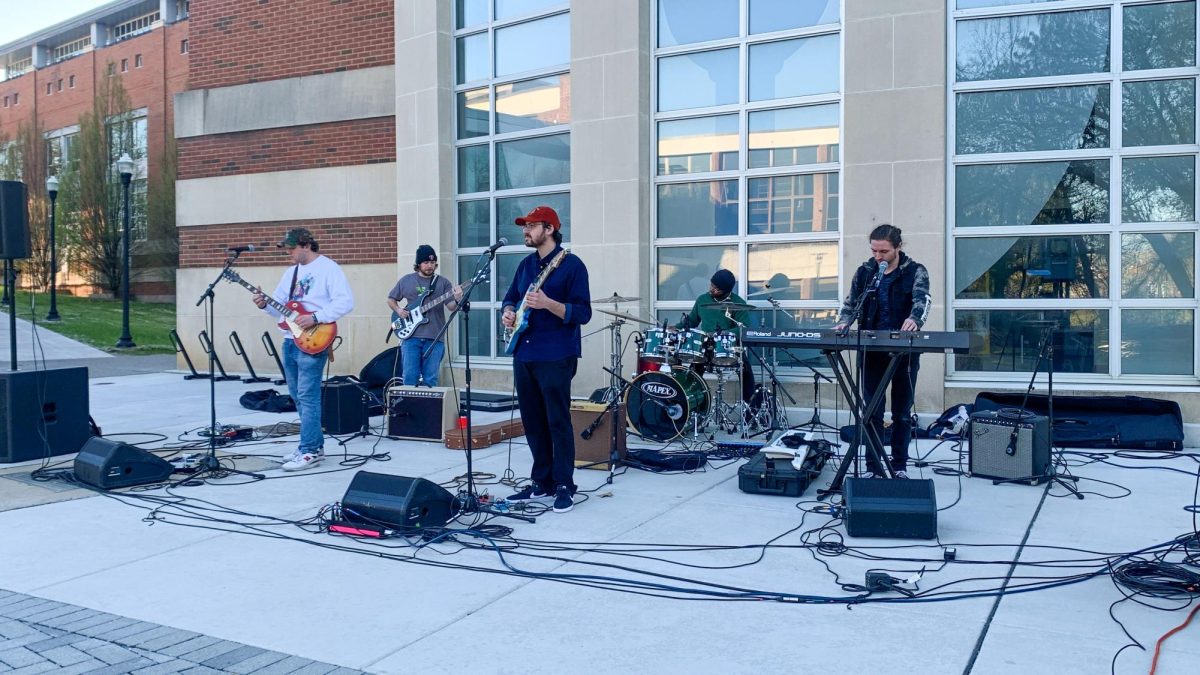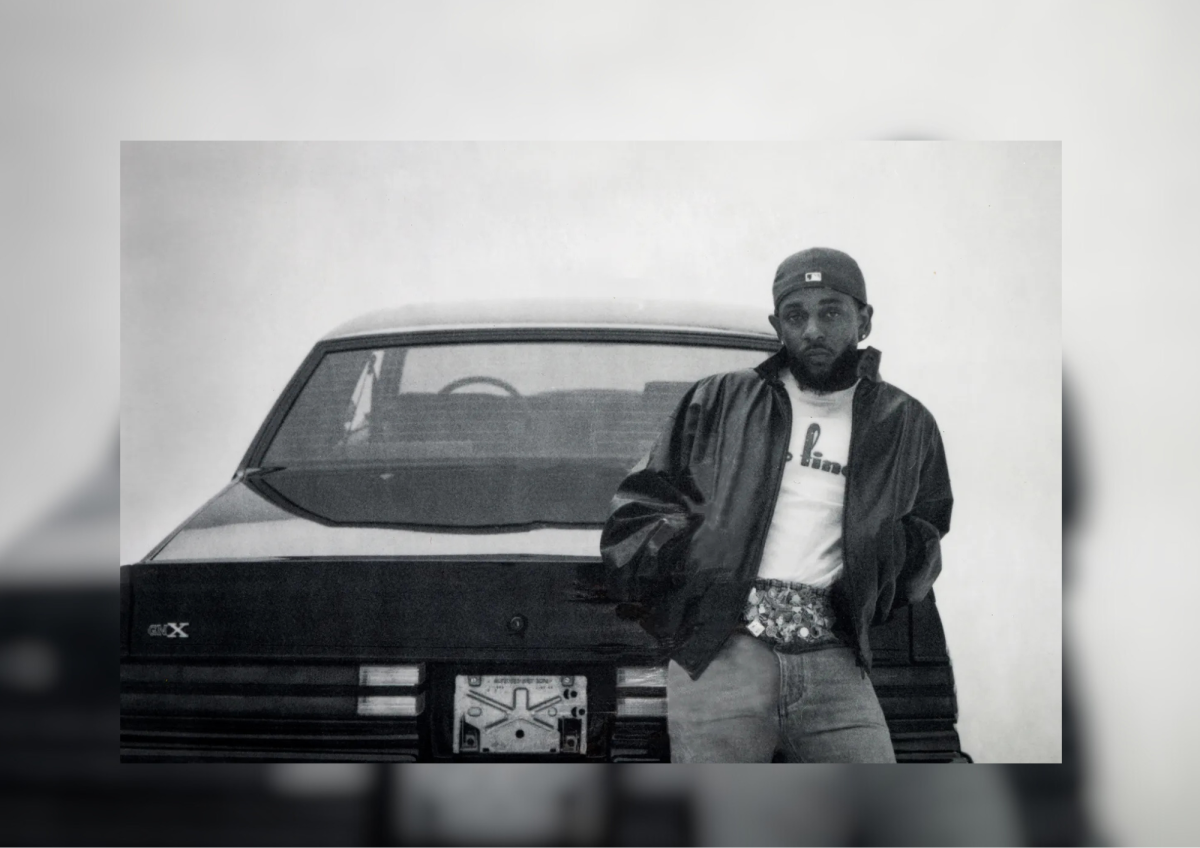Post-breakup, it was evident that the Beatles’ voices would continue to promote messages of inspiration and optimism through their own perspectives and musical styles. Paul McCartney’s solo work has proven to be a shining example of this, through music released in decades past, and his newest album, “Egypt Station.” Released Sept. 7, this marked his first album since 2013.
“Egypt Station” is intended to be a train ride of a concept album where each song acts as a stop at a different “station,” evoking different feelings along the way. Rather than piece together an album composed of various singles, the album has its own opening and closing sequence, with a melodious journey in between.
“Opening Station” welcomes us aboard by combining background noises from a crowded train station with an angelic prelude transitioning us into our first two stops, “I Don’t Know” and “Come Onto Me,” both released as double A-sides back in June.
“Come On To Me” serves as an upbeat rock-and-roll track, giving us that McCartney zest we’ve grown to love. Meanwhile, the relaxed, somber feelings of doubt and despair in “I Don’t Know”’ showcase McCartney’s vulnerability as a songwriter.
Other tracks such as “Happy With You” and “Confidante” bring the same mellow, acoustic vibe but have completely different meanings. While one lyric praises the good, little aspects in life, such as “reunited friends loving one another” and “throwing a pocketful of coins into the Trevi fountain,” the other explores the heartbreak that stems from losing a lover whom a vast amount of trust was given toward.
“Hand In Hand” exudes the same slow sound, with the meaning from “Confidante” reversed. Yearning for love and a life with someone is fervently expressed throughout: “Wanna give you my heart, wanna tell you my story…hand in hand, walking through life, and making our plans.”
A song that Rolling Stone calls anti-Trump, “Despite Repeated Warnings” inflicts the feeling of panic and concern for the future of our world. With the “captain” driving our ship, sailing into disaster, we’re left questioning how to go about changing the route ourselves to make for a better outcome. The behavior changes from solemn feelings of defeat and uncertainty, “What can we do,” to a confident, assertive attitude, “How can we stop him, grab the keys, and lock him up…yes, we can do it.” This is perhaps the most enlightening moment of the album. A political outcry, recognition of the ugly truth our world is living in, and how we the people must band together to change our fate.
After a 13-track voyage, we arrive full circle at “Station II,” a reprise of “Opening Station.” Hopping off the train, the faint sounds of a rock performance grow louder as though our curiosity is pulling us towards a final, surprising number. With that, the trio of “Hunt You Down/Naked/C-Link” takes us home, fading out with the sounds of heavy, head-banging rock.
Though many tracks resemble one another instrumentally, each one differs lyrically. Doubt, peace, and nostalgia are only a few of the many feelings evoked from the album, allowing listeners to find their connection through song, whatever mindset and emotions may be festering.
McCartney is the kind of artist that can get you to rock out with him and let loose, but also have you sit down with him for a heart-to-heart conversation. The power to do just this is extraordinary, and any artist who bears this power is prone to having the world of music in the palm of their hand. Bravo, Sir Paul. You’ve done it again!
For questions/comments about this story, email [email protected] or tweet @thewhitonline.























































































































































!["Working with [Dr. Lynch] is always a learning experience for me. She is a treasure,” said Thomas. - Staff Writer / Kacie Scibilia](https://thewhitonline.com/wp-content/uploads/2025/04/choir-1-1200x694.jpg)














































